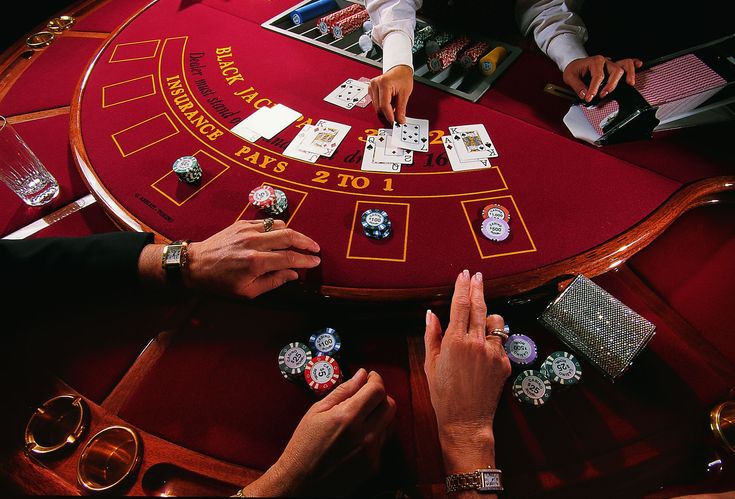As football continues to transcend borders, the Bundesliga has emerged as a beacon of German footballing excellence, captivating audiences worldwide with its unique blend of skill, passion, and tradition. In India, the Bundesliga serves not only as a source of entertainment but also as a gateway to understanding and embracing German football culture.
Cultural Exchange Through Football: Bundesliga’s Impact on Indo-German Relations
Beyond the realm of sports, the Bundesliga plays a significant role in fostering cultural exchange between India and Germany. Through the shared passion for football, fans from both countries find common ground, deepening their understanding of each other’s cultures and values. The Bundesliga’s presence in India serves as a testament to the strong bond between the two nations, facilitating dialogue and collaboration across various sectors.
Bundesliga Youth Development Initiatives in India
Recognizing the potential for talent development in India, Bundesliga clubs have spearheaded various initiatives aimed at nurturing young footballing talent in the country. From grassroots training programs to scouting initiatives, Bundesliga clubs are actively involved in shaping the future of Indian football. These efforts not only contribute to the growth of the sport but also provide opportunities for Indian youngsters to learn from the best and aspire to play at the highest level.
Fan Engagement Strategies: How Bundesliga Clubs Connect with Indian Supporters
In an era of digital connectivity, Bundesliga clubs have adopted innovative strategies to engage with their Indian fan base. Through social media campaigns, interactive fan events, and localized content, clubs ensure that Indian supporters feel connected and valued. The Bundesliga’s commitment to fan engagement transcends geographical boundaries, fostering a sense of belonging among Indian football enthusiasts and strengthening their allegiance to their favorite clubs.

Educational Opportunities: Studying German Football Culture in India
The growing popularity of the Bundesliga in India has sparked interest among students and academics alike in understanding German football culture. From studying fan behavior to analyzing club management strategies, there is a wealth of educational opportunities available for those eager to delve deeper into the world of German football. Bundesliga partnerships with Indian educational institutions further facilitate learning and research, opening doors for aspiring scholars to explore this fascinating field.





